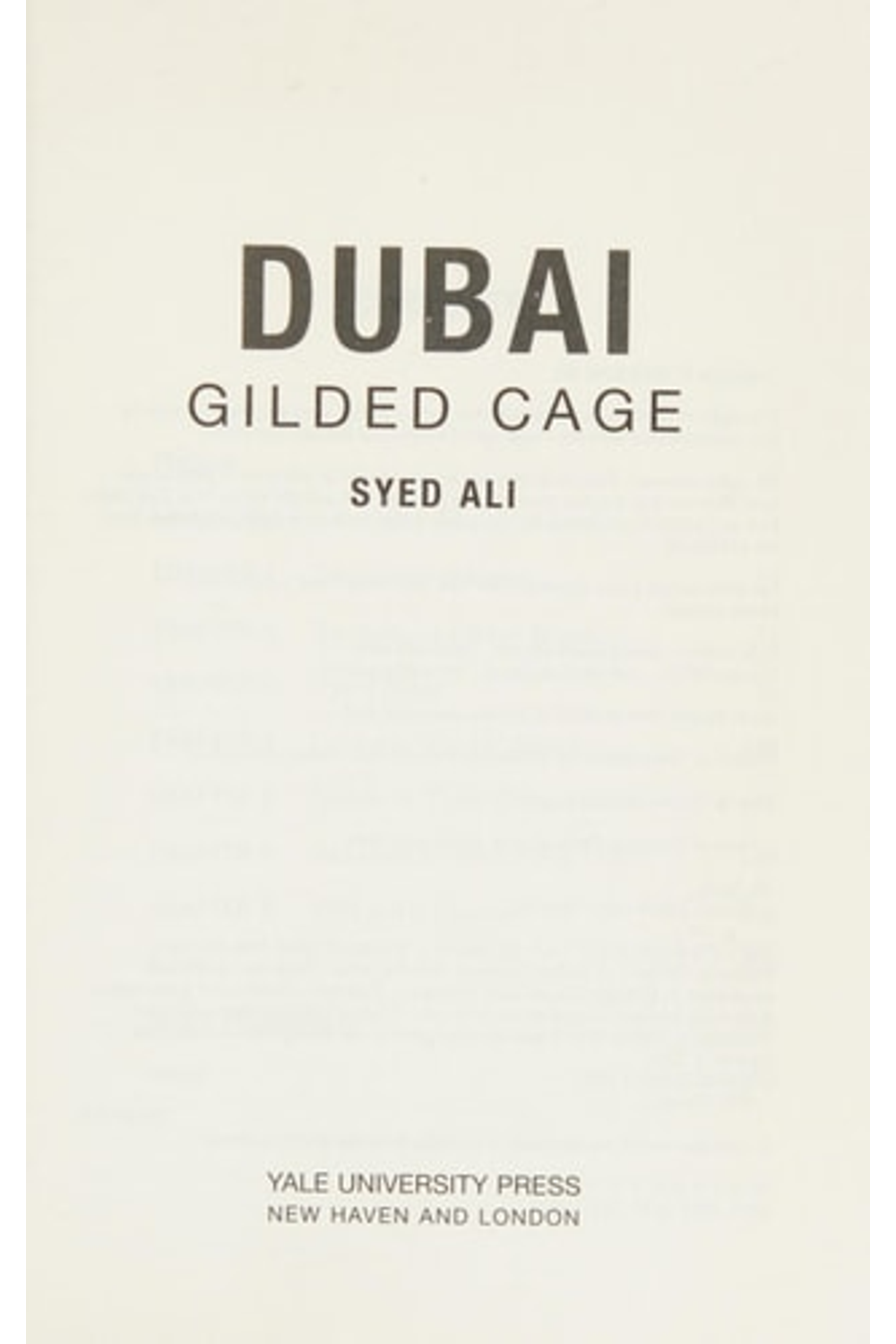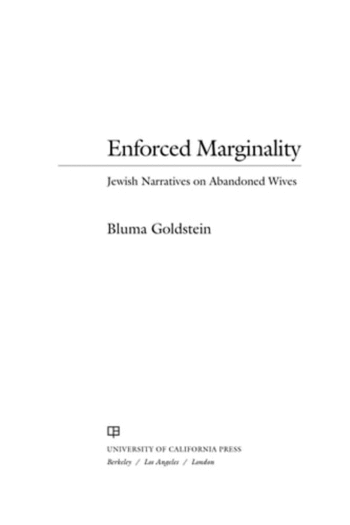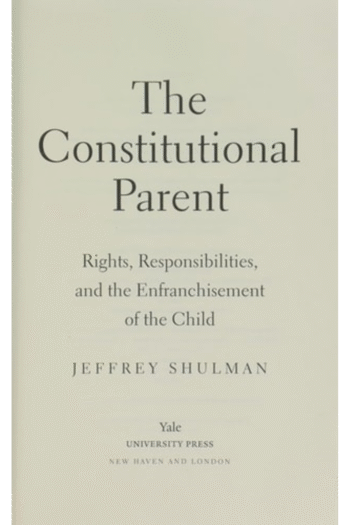Dubai, a dazzling metropolis born from desert sands, beckons with its towering skyscrapers and promises of luxury. But behind the shimmering facade lies a complex reality explored in Syed Ali’s “Dubai: Gilded Cage.” This book delves beyond the tourist brochures, offering a critical examination of Dubai’s meteoric rise and its impact on the diverse populations who call it home. Ali uncovers the stark inequalities inherent in Dubai’s rapid development. He sheds light on the lives of expatriate Westerners, native Emiratis, and, most crucially, the often-invisible migrant workers who power the city’s infrastructure. Through meticulous research and compelling storytelling, Ali exposes the challenges and sacrifices faced by these workers, often at great personal cost. “Dubai: Gilded Cage” is more than just a critique; it’s an insightful exploration of globalization, hyperconsumerism, and the human cost of progress. This Yale University Press publication prompts readers to question the ethical implications of Dubai’s development model, making it essential reading for anyone seeking a deeper understanding of this fascinating and controversial city. Discover the truth behind the glamour, in this essential analysis of Dubai’s socio-economic landscape.
Dubai: Gilded Cage
19,78 $
In stock
In less than two decades, Dubai has transformed itself from an obscure Gulf emirate into a global center for business, tourism, and luxury living. It is a fascinating case study in light-speed urban development, hyperconsumerism, massive immigration, and vertiginous inequality. Its rulers have succeeded in making Dubai into a worldwide brand, publicizing its astonishing hotels and leisure opportunities while at the same time successfully downplaying its complex policies towards guest workers and suppression of dissent.
In this enormously readable book, Syed Ali delves beneath the dazzling surface to analyze howand at what costDubai has achieved such success. Ali brings alive a society rigidly divided between expatriate Westerners living self-indulgent lifestyles on short-term work visas, native Emiratis who are largely passive observers and beneficiaries of what Dubai has become, and workers from the developing world who provide the manual labor and domestic service needed to keep the emirate running, often at great personal cost.
- Additional information
- Currencies
- USD – United States dollar
- EUR – Euro
- GBP – Pound sterling
- CNY – Chinese yuan
- BRL – Brazilian real
- MXN – Mexican peso
- JPY – Japanese yen
- PHP – Philippine peso
- THB – Thai baht
- PLN – Polish złoty
- CAD – Canadian dollar
- MYR – Malaysian ringgit
- AUD – Australian dollar
- TWD – New Taiwan dollar
- CZK – Czech koruna
- SEK – Swedish krona
- HUF – Hungarian forint
- ILS – Israeli new shekel
- CHF – Swiss franc
- HKD – Hong Kong dollar
- DKK – Danish krone
- SGD – Singapore dollar
- NOK – Norwegian krone
- NZD – New Zealand dollar



